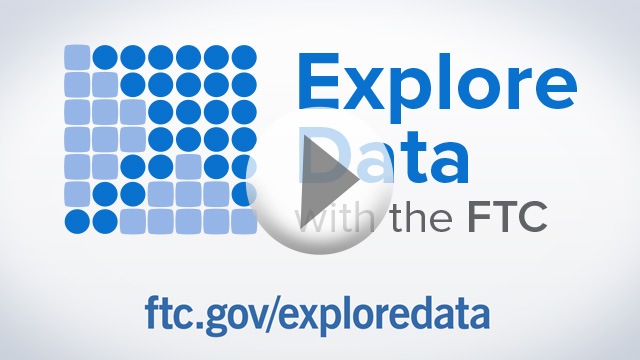Scams happen everywhere: in every region, state, and community across the country, including your own. You might be wondering, “What kinds of scams are happening in my area?”
We have a tool to help you answer that question: Explore Data. With Explore Data, you can find out what kinds of scams and identity theft people are reporting most in your community. You can also break it down to see how much different groups report losing, and how they paid scammers. You’ll also find interactive infographics about COVID-19 scams, government imposter trends, and many other types of fraud topics.
Watch this video to find out how you can explore FTC data and learn about fraud in your area. It might help you spot and avoid a fraud in the future.
To stay up to date on scams that could affect you and your community, subscribe to the FTC’s Consumer Alerts. Spot a scam that should be added to our database? Report it at ftc.gov/complaint.


In reply to I think I am involved in a by Friendly senior
In reply to How do I search to see if by Ken63gm